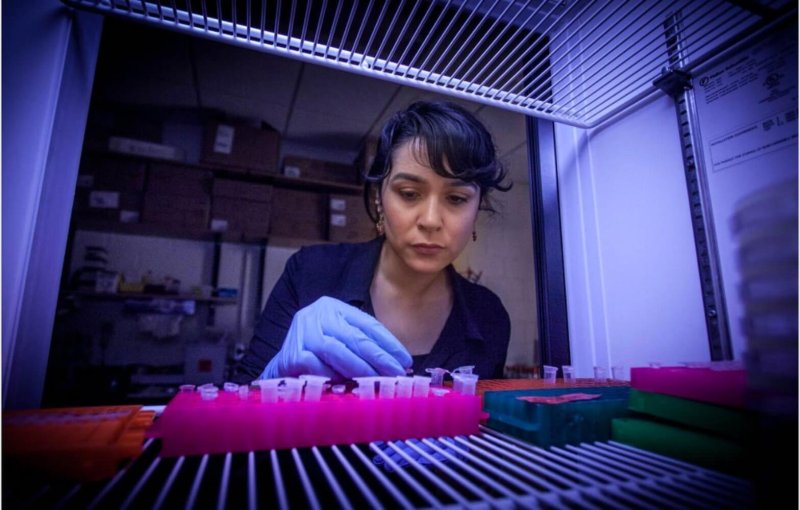A team of scientists from the University of Arizona have engineered an instant replay switch for evolution. The technique, known as ancestral gene resurrection, inserts ancient genes into modern E. coli bacteria. It gives researchers the opportunity to watch evolution unfold again and again, providing insights into how life evolved on early Earth, and what it might potentially look like on other planets.
“Organisms can function just fine even when they’ve been engineered with an essential gene that is over 700 million years old,” [says] the study’s lead author Betül Kaçar, an astrobiologist at the University of Arizona.
…
If you could rewind time and let evolution happen all over again, would the end result resemble life on Earth as we know it?
…
Kaçar worked with her postdoctoral advisor Eric Gaucher at Georgia Tech on a NASA-funded project to replay evolution again and again with the laboratory workhorse bacterium E. coli. Kaçar wouldn’t be evolving E. coli from scratch, but rather rewinding the evolution of a specific key protein that the bacteria needed to survive.
…
The importance of this work, Kaçar says, isn’t just relevant to life on this planet. Knowing how life is or isn’t constrained by its starting materials could tell scientists a lot about what life might look like on other planets.
Editor’s note: Read the full study
Read full, original post: What happens when you put evolution on replay?
































